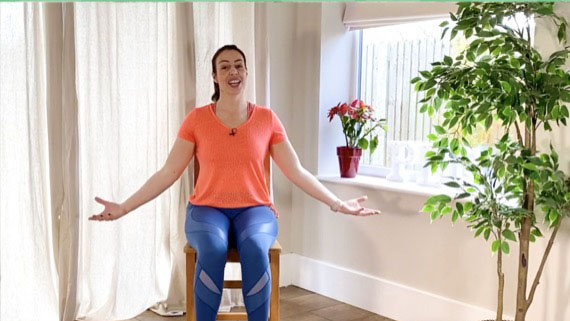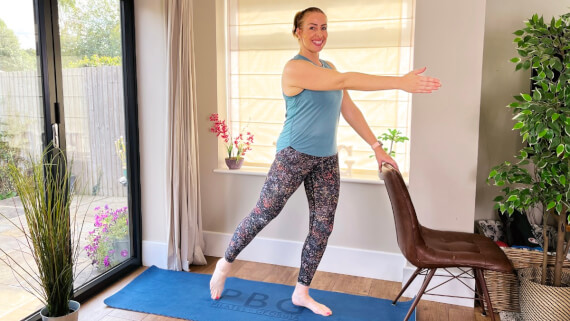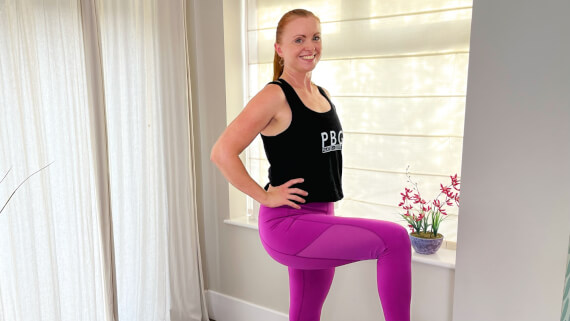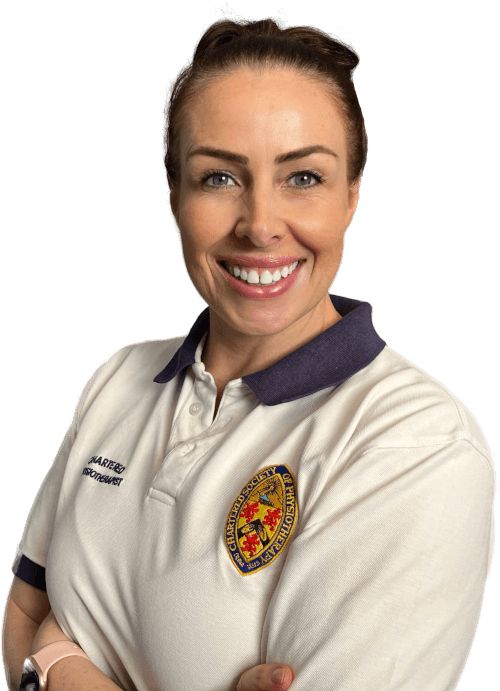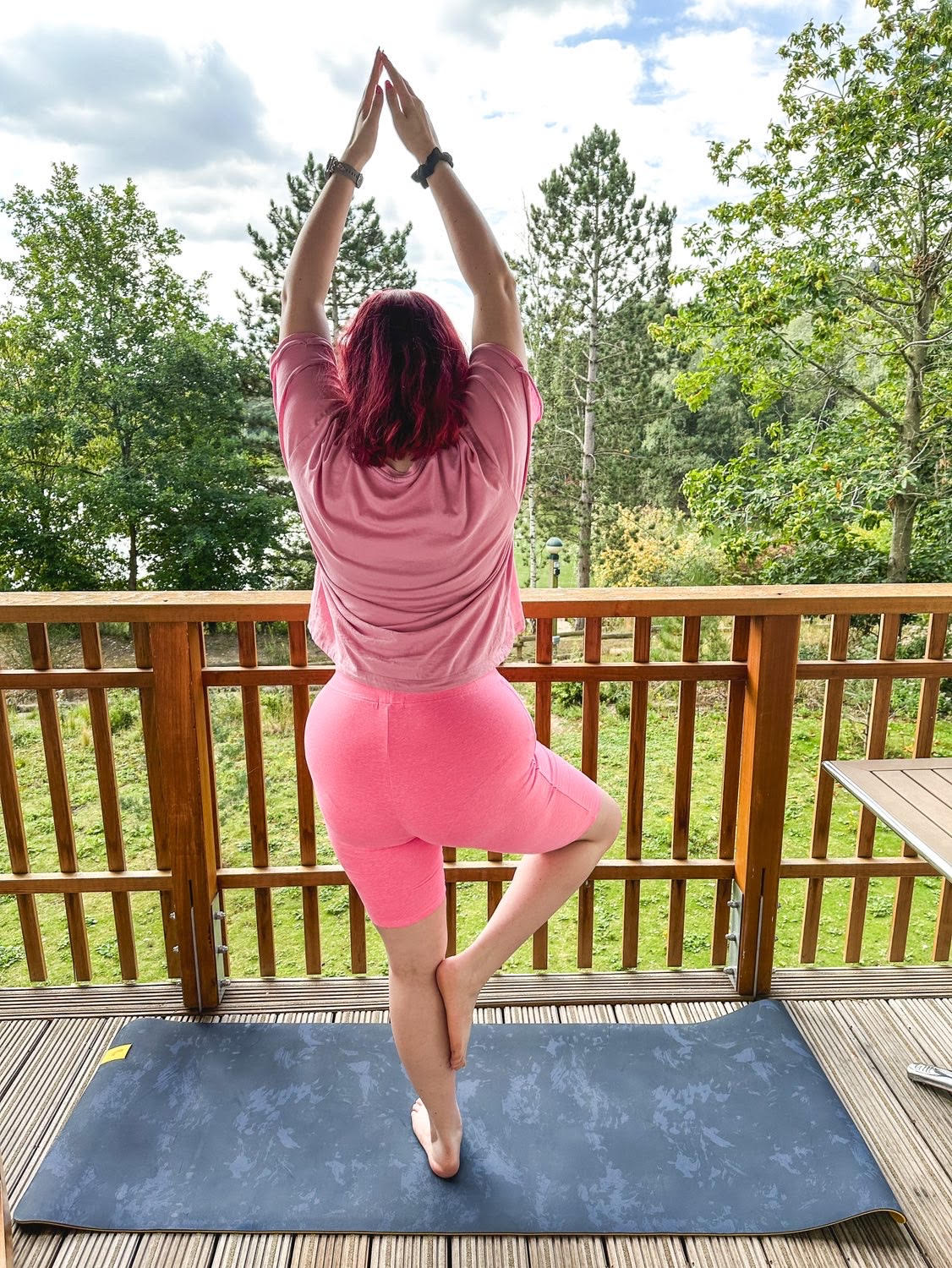Jaw Pain
Why do we get Jaw Pain?
Your jaw joint, also known as the temporomandibular joint (TMJ), connects your lower jaw (mandible) to your skull. It allows your mouth to open and close so you can speak and chew. Lots of muscles and ligaments help your jaw move up and down, from side to side, and backwards and forwards.
All about Jaw Pain
Causes of Jaw Pain
There are various causes of Jaw Pain:
- Trauma such as a fall or knock to the chin or jaw can cause irritation of the joint and affect its function.
- Recent dental treatment such as wisdom teeth removal can cause jaw related pain.
- A highly common cause is overstretching the jaw such as yawning or eating.
- Sinuses problems such as sinus infections can result in jaw pain. This is because the sinuses are air filled cavities located near the jaw joint and excess mucus can put pressure on the jaw joint, causing pain.
- Tension and stress don’t directly cause jaw joint problems, but they may make jaw joint problems worse. This is because you may be more likely to grind your teeth at night or while you’re concentrating, without realising.
Jaw Pain Symptoms
The main symptoms are pain, stiffness and reduced movement of the jaw, affecting your ability to eat, speak, and fully open and close the mouth. The pain can present as dull aching around your jaw, cheek, ear, neck, shoulders or back
You may also notice sounds such as popping, grating or clicking sounds when you move your jaw. Some patients report headaches and earaches (which can cause some balance disturbances and dizziness).
Treatment for Jaw Pain
Heat! Holding a warm compress, against your Jaw and area of pain for a few minutes several times a day can help ease the tension of the muscles around the jaw joint and reduce the pain.
See your dentist as they may be able to provide a customised mouthguard to reduce nighttime teeth grinding and jaw clenching.
Watch the PBG information class on Jaw pain then try the QuickFix exercise class to learn how to safely mobilise your jaw and reduce pain.
Free Class: Quick Fix for Jaw Pain

 Physio Tip!
Physio Tip!
Self Massage! Using your index and middle finger, press the sore areas of your jaw, such as the area right before your ear where your jaw joints meet. Rub in a circular motion for 5 to 10 rotations, then open your mouth and repeat the exercise.
Massaging the muscles on the side of your neck may also help relieve tension.
Alert!
Contact your healthcare provider if:
- You're unable to eat or drink
- The pain is affecting your daily life
- The pain is affecting your sleep
- The pain and discomfort keep coming back.
Signs of a serious problem that needs urgent treatment:
- You have pain while eating
- Frequent, severe headaches
- Sore scalp
- Vision problems, such as double vision or loss of vision in one or both eyes.
